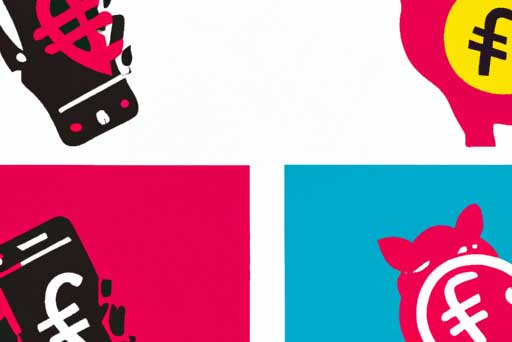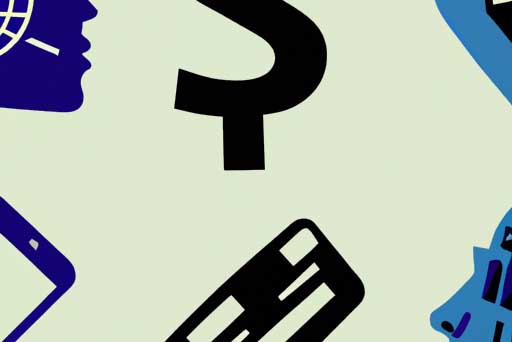TLDR:
- The US Securities and Exchange Commission (SEC) has admitted that it had suspended a key security procedure on its X account for six months, during which time hackers gained access and made a fake post about Bitcoin. The cryptocurrency’s value surged before the post was deleted.
- Cyber-security experts have said that all government agencies should review the security of their social network accounts in the wake of this incident.
- The SEC confirmed that multi-factor authentication (MFA) had been disabled on the X account at the staff’s request, due to issues accessing the account.
The US Securities and Exchange Commission (SEC) has confirmed that it had suspended a key security procedure on its X account for six months, during which time hackers gained access and made a fake post about Bitcoin. The cryptocurrency’s value surged before the post was deleted. Cyber-security experts have said that all government agencies should review the security of their social network accounts in the wake of this incident.
The SEC admitted that it did not have multi-factor authentication (MFA) in place when hackers gained access to the account. MFA is intended to protect against cyber-attacks such as the one experienced by the SEC. It involves additional verification steps, such as entering a pin code or receiving a text message, in addition to a username and password.
The SEC has confirmed that the hack occurred through a sim-swapping attack. The fraudster convinced a mobile operator to transfer an SEC employee’s phone number to a new SIM. Because MFA had been disabled on the X account, the hacker was able to reset the password, log in, and make a post about the approval of Bitcoin exchange-traded funds by the SEC. The post caused the value of Bitcoin to surge to $48,000 before it was taken down.
This incident highlights the importance of implementing strong cyber-security measures, including MFA, to protect sensitive accounts. Experts warn that similar attacks on other government agencies could have more devastating consequences. Ultimately, all government agencies should review the security of their social network accounts to prevent future cyber-attacks.








